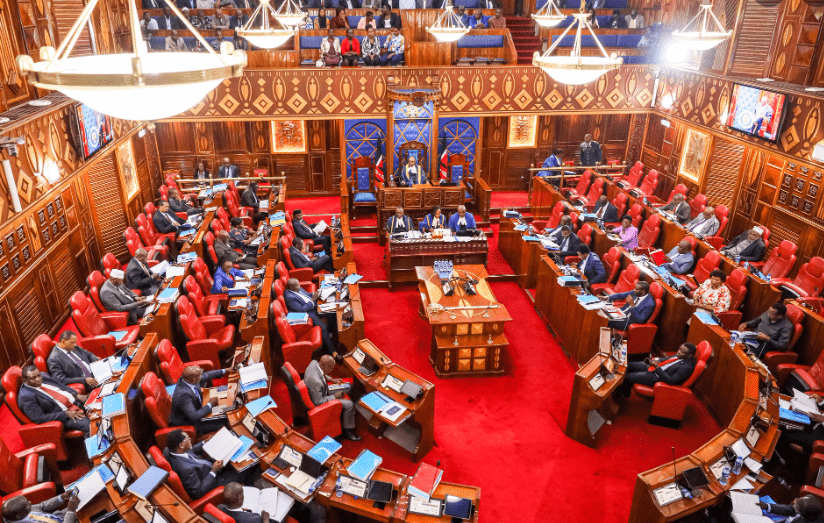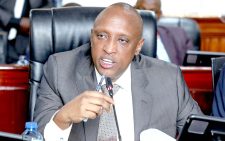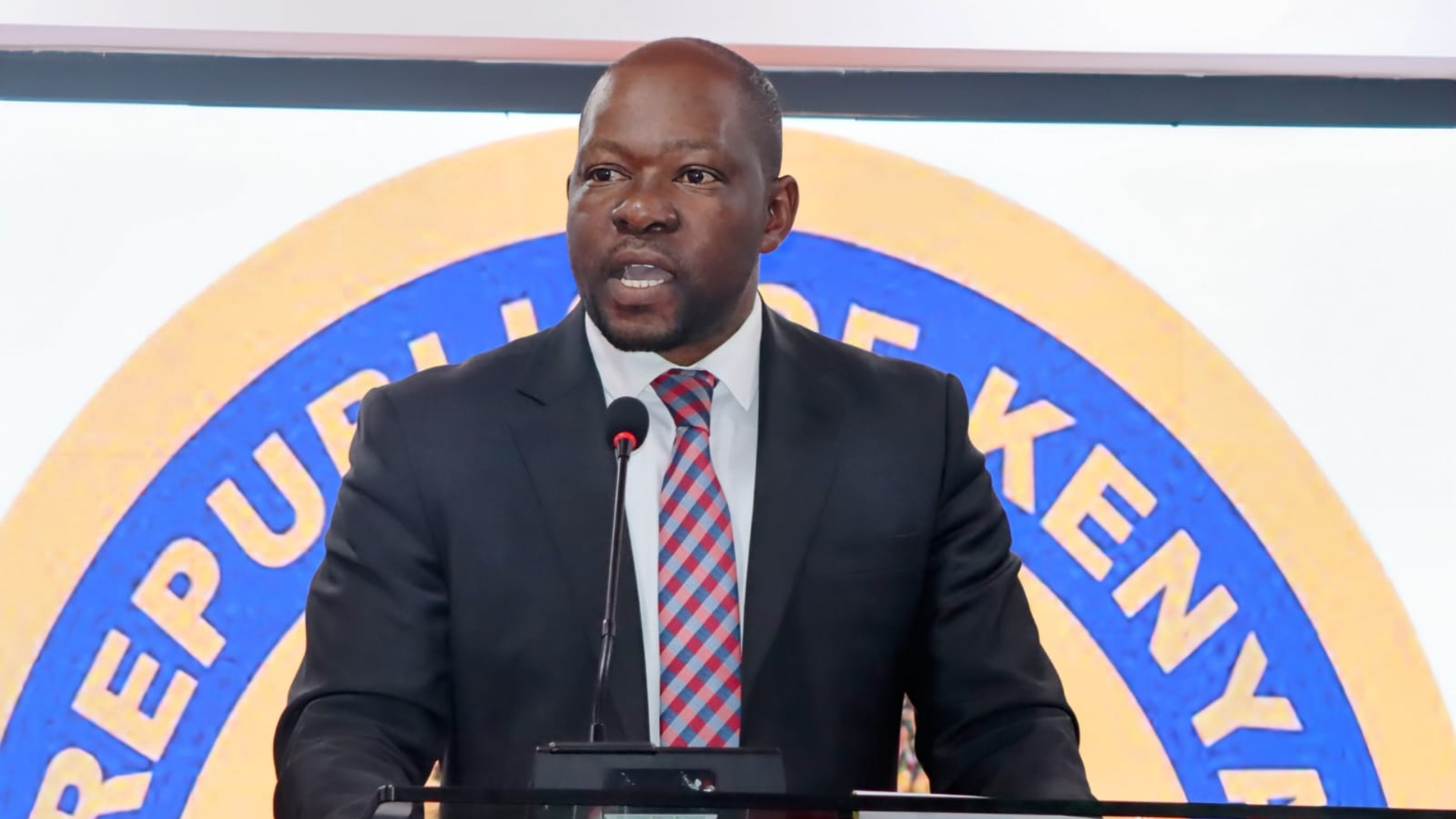Senate panel stance shows labour policy contradictions

On March 27, the Senate’s National Security, Defence and Foreign Relations Committee sought to know from the Interior ministry the number of foreigners working in the informal sector in Kenya, after expressing concern that more foreigners are taking up jobs in small-scale enterprises that should be reserved for Kenyans.
The 2011 Kenya Citizenship and Immigration Act still provides that to be legally in the country, a foreign national must hold a valid visa, work permit, residence permit, or pass. It’s also a criminal offence for any employer to hire a foreigner who lacks the necessary permit, and the Senate committee wants stricter enforcement of these immigration laws.
To be sure, opposition to foreigners working in Kenya did not start with Jackson Mandago (Uasin Gishu County) and Agnes Kavindu (Machakos), the two most vocal senators on the issue.
In 2020, then Starehe MP Charles Njagua (aka Jaguar) went on the offensive, threatening to mobilise his constituents to flush out foreign traders he said had taken over small businesses meant for locals. Several markets in Nairobi and alleys that hawkers use to sell their wares fall within Starehe constituency.
Addressing supporters in Kamukunji on June 24, 2019, the MP gave the government 24 hours to deport all foreigners trading illegally in the city, failing which “I will lead my people to forcefully eject them from their shops and take them to the airport”.
Like a whirlwind, a video clip of his unfortunate remarks went viral, apparently resonating with the larger segment of Nairobi’s downtown hustlers on whose behalf the MP had supposedly spoken. The government reacted swiftly. The MP was arrested immediately for his xenophobic and potentially inciteful remarks. The government spokesman at the time, Cyrus Oguna, denounced the remarks, clarifying that this was not the position of the government.
But the damage was already done, adding to the tapestry of contradictions in policy and inconsistencies in public policy pronouncements that belie Kenya’s practices on free movement of labour in the region and globally. Kenya was among the first 54 African nations to sign the agreement on the African Continental Free Trade Area (AfCFTA) in Kigali, Rwanda, on March 21, 2018.
Alongside Ghana, Kenya was again the first to deposit instruments of ratification, making the two countries eligible to trade under AfCFTA. As an anchor State in the East and The Horn of Africa region, Kenya correctly saw the AfCFTA as a crucial opportunity for economic integration and growth. As such, the government seems to have developed a raft of strategies to leverage the opportunities presented by the agreement.
In its 2022-2027 manifesto, the Kenya Kwanza government under President Ruto acknowledged Kenya’s standing and significance in regional and world affairs, pointing out that the country serves as a hub for international corporations and organisations, and is a key player in peace and security initiatives in the region. He pledged to ensure that the country remained respected and valued in that regard through promotion of friendly relations with our neighbours by upholding the country’s commitments to the international community.
Furthermore, the last decade has seen Kenya emerge as a significant exporter of skilled labour globally and domestic labour to the Mideast.
The Senate’s stance flies in the face of this trend, illustrating that the left hand knows not what the right is doing.
The writer is the Executive Director of the Kenya National Civil Society Centre, and Chairperson of the Horn of Africa Civil Society Forum; suba_churchill@yahoo.com














